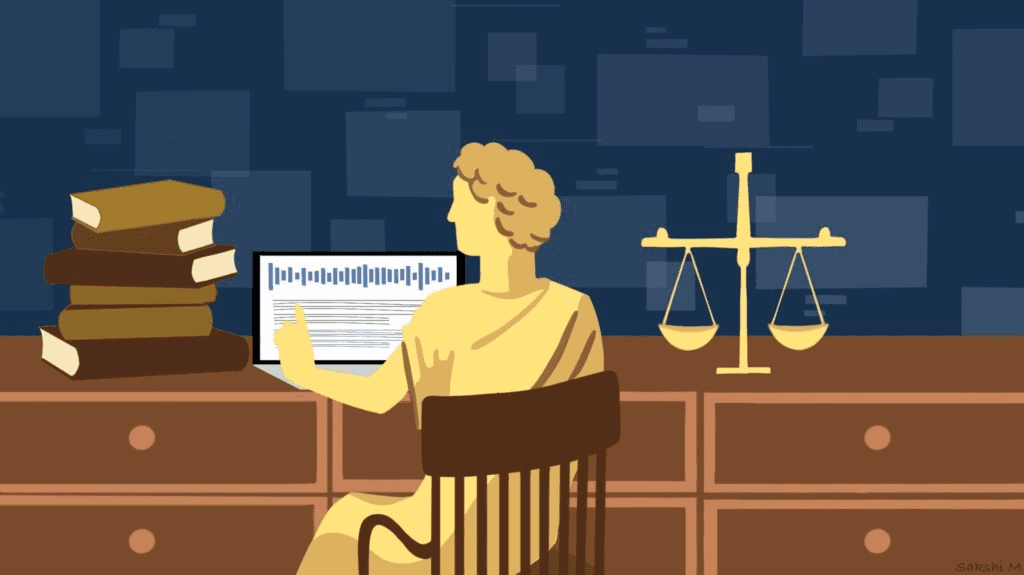India’s Judicial-Grade Legal AI Platform
Secure, citation-first AI built for Indian law, judicial processes, and institutional use.
Nyaay AI is a legal AI infrastructure platform developed in collaboration with the judiciary to modernise legal research, documentation, and case workflows across courts, law firms, governments, and enterprises, with transparency, security, and accountability at its core.
18+
High Courts & Judicial Bodies Engaged
10+
Legal Sectors Served
70%
Reduction in Drafting & Review Time
Trusted by India’s Leading Legal Institutions
“Nyaay AI reflects how technology can strengthen judicial efficiency while preserving independence and legal rigor.”
— Judicial Partner
Judiciary-Aligned, India-First Platform
Built in collaboration with the Judiciary and trained on Indian statutes, judgments, and court formats.
On-premise and private-cloud deployments with full auditability, traceability, and governance.
Citation-First, Multilingual Intelligence
Reliable outputs with source-backed citations, supporting multiple Indian languages.
Purpose-Built Legal Infrastructure
Designed as core legal infrastructure — not a narrow point tool.
The Legal Ecosystem
Solutions Across the Justice System
Unified Legal Platform
Unifying Fragmented Legal Workflows
Legal teams today rely on multiple disconnected tools for communication, drafting, research, and coordination. While useful in isolation, these systems lack legal context, governance, and traceability when used together.
Nyaay AI brings these workflows into a single, judiciary-aligned legal platform purpose-built for Indian courts, law firms, and institutions. By consolidating core legal functions, Nyaay AI enables unified workflows, secure operations, and institution-grade oversight.
Compliance
At Nyaay AI, we follow global standards like ISO and GDPR to ensure quality, security, and compliance. This commitment builds trust and delivers secure, transparent solutions for our partners worldwide.





See how Nyaay AI works for your institution
Experience how Nyaay AI fits seamlessly into your legal workflows and compliance needs.
Frequently Asked Questions
We Answered All
What is Nyaay AI?
Who is Nyaay AI built for?
What problems does Nyaay AI solve?
Is Nyaay AI safe for institutional use?

























